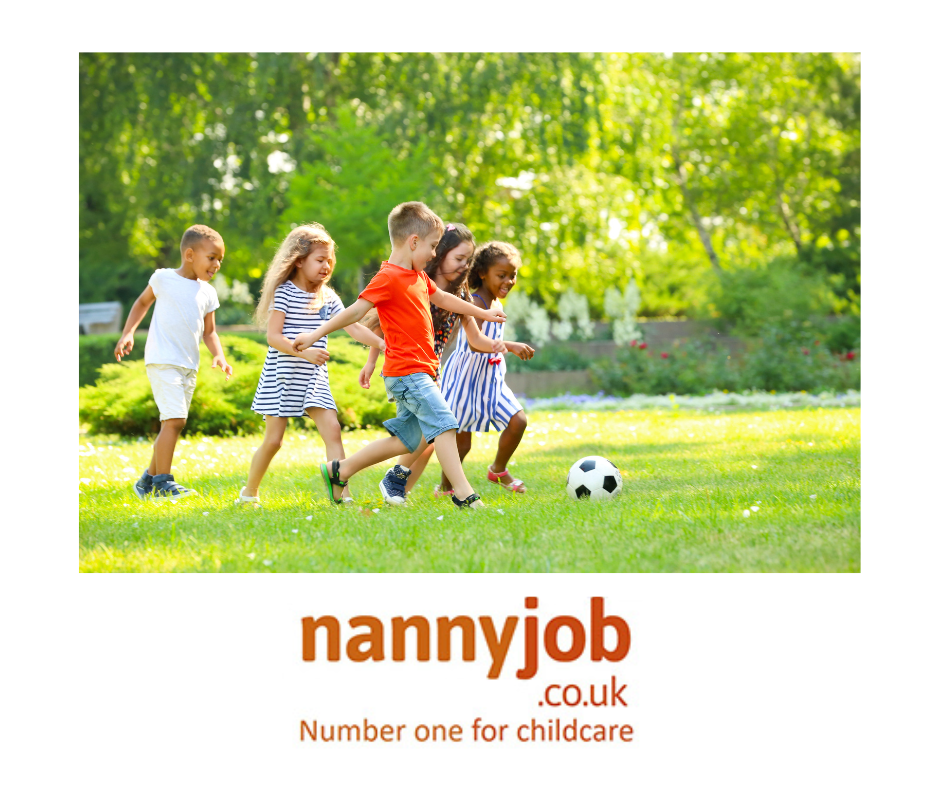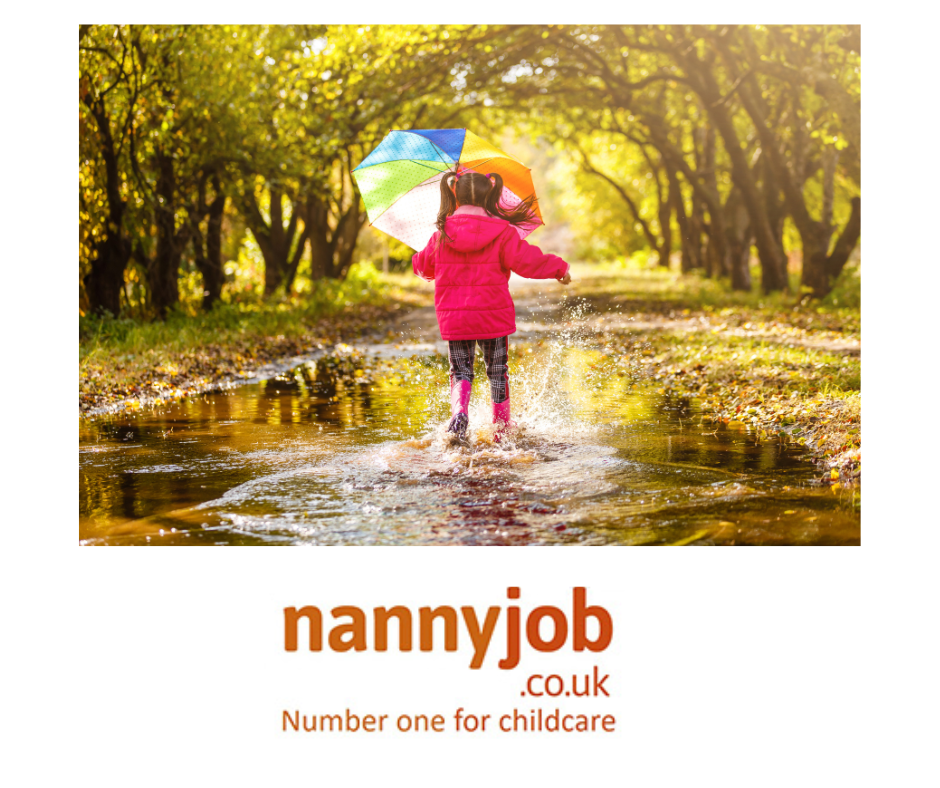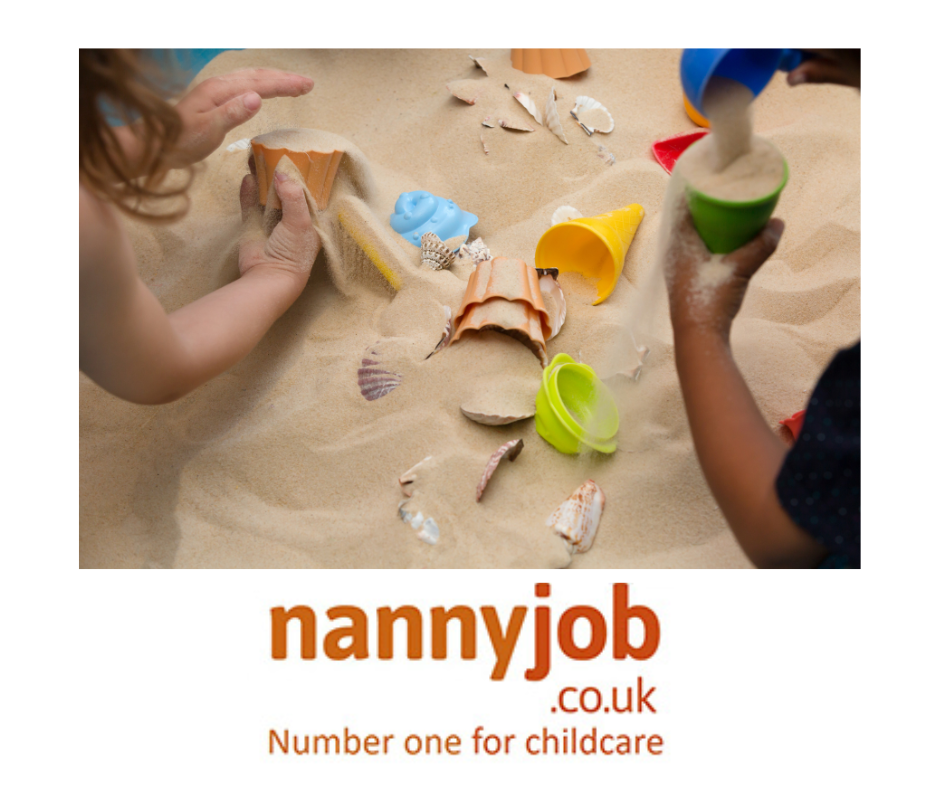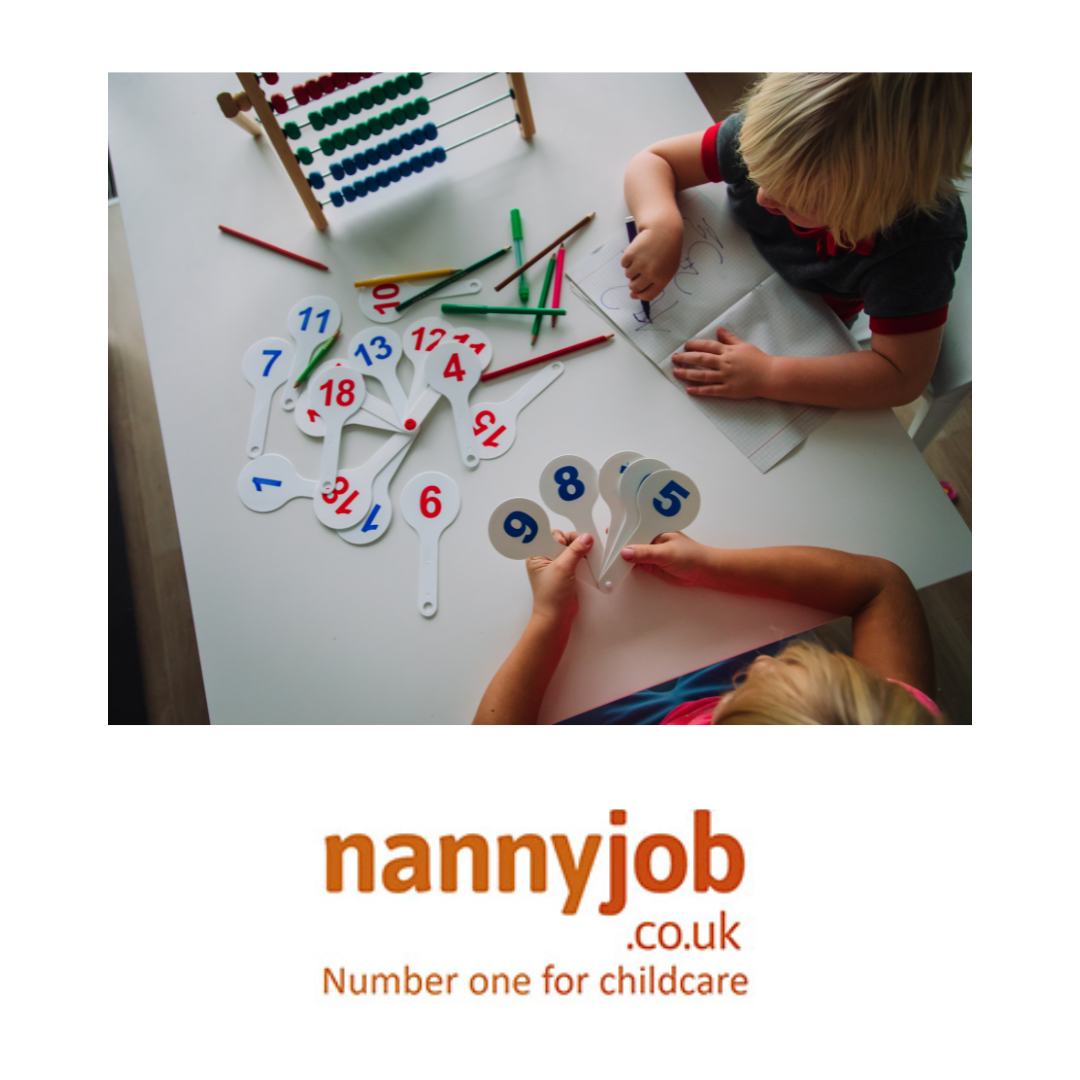The end of the holidays often brings mixed feelings. For parents, it’s usually a time of relief. For kids, however, the notion of heading back to school can be a mix of both excitement and anxiety. As nannies and child carers, your role in this transitional period is crucial. Here are some helpful ways to make sure the kids you care for get off to a great start this academic year.
Setting a Routine
One of the most effective ways to prepare children for school is to get them back into a routine. Gradually shift bedtime and wakeup times to match the school schedule a week or two before the big day. This adjustment helps reset their internal clocks, making the first day much less of a shock.
School Supplies Shopping
Children are more likely to feel excited about school if they have new gear to show off. A fun day of shopping for school supplies can make a world of difference. Allow them to pick out some items; personalizing their school experience can offer a sense of control and excitement.
Emotionally Prepping Them
Talk to children about their feelings concerning the new school year. Address their fears and highlight the positives. Meeting new friends, learning new subjects, and participating in extracurricular activities are all experiences to look forward to.
School Tour
If it’s a new school, or even if the child is moving to a new grade, touring the school beforehand can alleviate first-day jitters. Familiarize them with the layout, show them their classroom, and introduce them to their teacher if possible.
Healthy Breakfasts
A good breakfast is the cornerstone of a productive school day. It can be a fun activity to sit down and plan out a week’s worth of healthy breakfasts that you can prepare together.
Roleplaying
For younger kids, playing ‘school’ can be a fun and educational way to prepare. Take turns being the teacher and the student, run through some basic activities, and explain what they can expect.
The Night Before
Make sure everything is ready the night before: clothes laid out, backpack packed, lunch made, etc. This will make the morning run much more smoothly and reduce any last-minute stress.
First Day Photo
Don’t forget to capture the moment. Taking a ‘first day of school’ photo can become a cherished annual tradition.
Preparing children for school isn’t just about buying supplies and setting bedtimes; it’s about equipping them emotionally, mentally, and physically for the challenges and opportunities ahead. And guess what? You’re perfectly placed to help make this happen.










